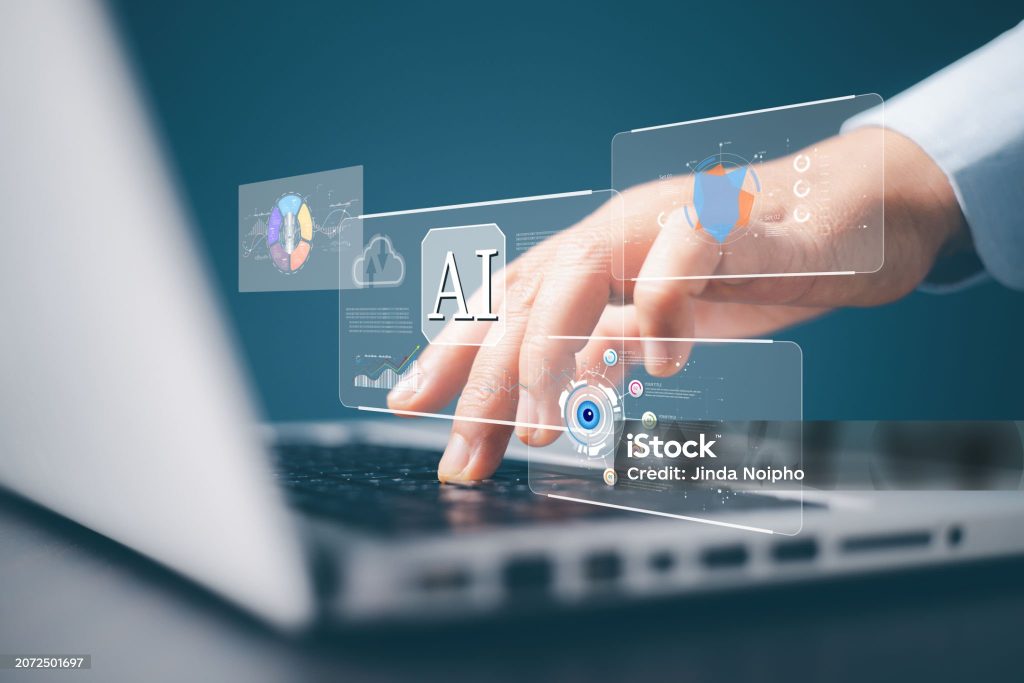Technology is an ever-evolving force that has fundamentally altered how we live, work, and interact with one another. From the invention of the wheel to the rise of artificial intelligence, each technological advancement has played a crucial role in shaping human civilization. As we stand on the cusp of new technological frontiers, it is essential to reflect on how far we’ve come and consider the future possibilities that lie ahead.

Historical Perspective
The journey of technology began with simple tools that made everyday tasks more manageable. Early innovations like the wheel and the plow revolutionized agriculture and transportation, setting the stage for future advancements. The Industrial Revolution marked a significant turning point, with inventions such as the steam engine and spinning jenny transforming manufacturing and labor practices. This period saw the rise of mechanization and mass production, which drastically improved productivity and economic growth.
The 20th century ushered in an era of rapid technological progress. The advent of electricity, the telephone, and the automobile changed the way people communicated and traveled. The creation of the computer in the mid-20th century marked the beginning of the digital age. Computers evolved from massive machines requiring entire rooms to compact personal devices accessible to individuals. The Internet, born in the late 20th century, further accelerated the pace of technological change, connecting people globally and enabling the exchange of information at unprecedented speeds.

The Digital Revolution
The 21st century has been defined by the digital revolution, characterized by the rise of smartphones, social media, and cloud computing. Smartphones have become ubiquitous, providing instant access to information, communication, and entertainment. Social media platforms have transformed how we interact, share content, and build communities. The cloud has revolutionized data storage and computing, allowing for scalable solutions and collaboration across distances.
Artificial Intelligence (AI) and machine learning are among the most significant technological advancements of this era. AI systems are capable of analyzing vast amounts of data, recognizing patterns, and making predictions. These technologies have applications ranging from healthcare, where they aid in diagnosing diseases, to finance, where they help in algorithmic trading. AI’s potential to automate tasks and optimize processes has the potential to reshape industries
and improve efficiencies.
The rise of big data is another defining characteristic of our time. Organizations now have access to enormous datasets that can be analyzed to derive insights and drive decision-making. This data-driven approach has transformed sectors like marketing, where targeted advertising has become highly sophisticated, and healthcare, where personalized medicine is becoming more feasible.
Emerging Technologies
As we look to the future, several emerging technologies promise to push the boundaries of what is possible. One such technology is quantum computing. Unlike classical computers that use bits as the smallest unit of data, quantum computers use qubits, which can represent and process information in multiple states simultaneously. This capability could revolutionize fields such as cryptography, complex system modeling, and optimization problems, potentially solving problems that are currently intractable.
Another exciting development is the field of biotechnology. Advances in gene editing, particularly CRISPR technology, have opened new possibilities for medical treatments and agricultural improvements. Gene editing holds the promise of curing genetic diseases, enhancing food security, and even addressing environmental issues through the development of genetically modified organisms that can adapt to changing conditions.
Augmented reality (AR) and virtual reality (VR) are also making significant strides. AR overlays digital information onto the real world, enhancing our interaction with our environment, while VR creates immersive digital experiences that can be used for training, entertainment, and education. These technologies are transforming how we engage with digital content and offer new ways to experience and interact with information.

Ethical and Social Implications
With these advancements come important ethical and social considerations. The rise of AI and automation raises concerns about job displacement and the future of work. While these technologies have the potential to create new job opportunities, there is a growing need for policies and educational programs that address the transition and provide support for those affected by these changes.
Privacy and data security are also critical issues in the digital age. The collection and use of personal data by companies and governments raise questions about individual privacy rights and data protection. Ensuring robust cybersecurity measures and transparent data practices is essential to building trust and safeguarding against misuse.
Furthermore, the digital divide remains a significant challenge. While technology has the potential to enhance quality of life, disparities in access to technology and the Internet can exacerbate existing inequalities. Bridging this divide requires concerted efforts to improve infrastructure, education, and affordability, ensuring that the benefits of technology are accessible to all.
Looking Ahead
As we move forward, the trajectory of technology will undoubtedly continue to shape our world in profound ways. The convergence of technologies such as AI, quantum computing, and biotechnology could lead to unprecedented breakthroughs and innovations. However, navigating the future will require a thoughtful approach to balancing technological advancement with ethical considerations and social responsibility.
In conclusion, technology has been a driving force behind human progress, transforming how we live and interact with the world. From its humble beginnings to the complex systems of today, each advancement has built upon the last, creating a dynamic and interconnected technological landscape. As we embrace the possibilities of emerging technologies, it is crucial to remain mindful of their implications and work towards ensuring that the benefits of technology are shared equitably. By doing so, we can harness the power of technology to address the challenges of our time and shape a brighter, more connected future for all.

